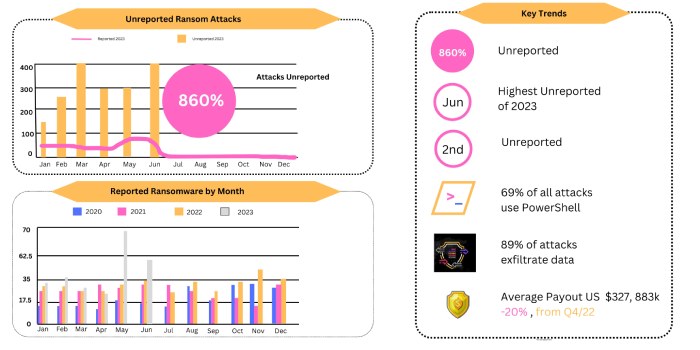Here are this week’s headlines to help you stay up-to-date with the latest cybersecurity and email security threats and secure your digital assets.
Threat Actors Manipulate Windows Policy Vulnerability to Forge Kernel-Mode Driver Signatures
A recent cybersecurity report reveals the exploitation of a Microsoft Windows policy loophole by native Chinese-speaking threat actors.
Threat actors manipulate kernel-mode drivers by forging signatures, posing a significant risk to system security. Cisco Talos emphasized the severity of the issue in their report, stating that compromised kernel access allows complete system compromise. Following responsible disclosure, Microsoft took immediate steps to block certificates associated with the exploit.
The tech giant clarified that the abuse was limited to developer program accounts, with no compromise of Microsoft accounts detected. However, this incident underscores the importance of robust malware protection, ransomware protection, and spyware protection. It also highlights the need for timely detection of such Windows policy loopholes and continuous vigilance against server hijacking.
Protecting against such threats requires proactive measures and staying informed about the latest cybersecurity developments.
Big Head Ransomware Propagates via Counterfeit Windows Updates
A new ransomware strain called Big Head has emerged, spreading through a malvertising campaign disguised as fake Microsoft Windows updates and Word installers.
Fortinet FortiGuard Labs discovered multiple variants of this ransomware, designed to encrypt victims’ files and demand cryptocurrency payments. Trend Micro recently analyzed Big Head, highlighting its ability to deploy encrypted binaries for propagation, communication, and file encryption while displaying fake Windows updates.
The malware’s diverse functionalities include deleting backups, terminating processes, and performing checks to avoid virtualized environments. Trend Micro detected a variant of Big Head exhibiting ransomware and stealer behaviors, leveraging the open-source WorldWind Stealer to collect sensitive information.
The threat actor behind Big Head remains unknown, but the name “aplikasi premium cuma cuma” on a YouTube channel suggests an Indonesian origin. Security teams must remain prepared against various attack vectors of such multifaceted malware.
Emerging TOITOIN Banking Trojan Specifically Aims at Latin American Enterprises
Zscaler ThreatLabz researchers have uncovered an alarming development in a targeted attack campaign affecting Latin American organizations.
This highly sophisticated campaign employs a Trojan with a multi-stage infection process. Its ultimate goal is to distribute the TOITOIN Trojan, which utilizes an exclusive XOR decryption technique to decipher its configuration file. The TOITOIN creator has meticulously planned and executed six distinct stages in the infection process.
It begins with a phishing email disguised as an invoice, leading users to a malicious link hosted on an Amazon EC2 instance to avoid domain reputation detection. The banking Trojan collects system information, extracts data from popular web browsers, and targets the Topaz OFD Protection module in Latin American banking platforms.
The targeted malware campaign highlights the evolving strategies employed by malicious actors. Vigilance, robust security protocols, and regular system updates are vital for organizations to defend against such threats.
China-Bound Data: Two Spyware Applications on Google Play Compromise 1.5 Million Users
Two pieces of spyware presenting themselves as file management apps make their rounds on the Google Play Store, posing a significant risk to the privacy and security of up to 1.5 million Android users.
Pradeo, a leading mobile security provider, discovered this alarming infiltration. Its report reveals that the same group developed both spyware apps, ‘File Recovery and Data Recovery’ (com.spot.music.filedate), with over 1 million installations, and ‘File Manager’ (com.file.box.master.gkd) with over 500,000 installations.
These seemingly harmless Android apps employ deceptive tactics and clandestinely transmit sensitive user data to malicious servers in China. Contrary to their claims on the Play Store, where they assure users that no data is collected, Pradeo’s analysis shows that personal information such as contact lists, media files, location, and device details are collected without user knowledge.
The developers of these apps have also used stealth techniques, making it difficult to uninstall them. It would be best to exercise caution when downloading mobile apps and read and understand app permissions for spyware protection.


